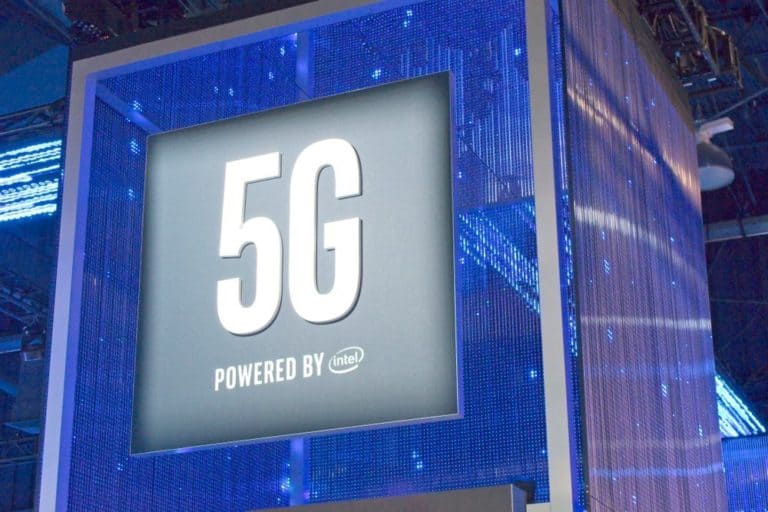Intel pulls the plug from the production of 5G mobile modems. According to the chip manufacturer, it is not profitable enough for the renewed cooperation between competitor Qualcomm and Apple to allow the branch to flourish, says Bob Swan, CEO of Intel.
In light of the announcement of Apple and Qualcomm, we have examined the prospects for us to make money. This while we provided this technology for smartphones. We concluded that we saw no future, says Swan in an interview with The Wall Street Journal.
There was talk for quite some time that Apple Intel’s smartphone modem chip company would take over. Ars Technica claims that negotiations between the two parties started this summer. By the time Apple and Qualcomm had resolved their long-standing patent dispute, the talks between Apple and Intel would have stopped.
Renewed cooperation
While the iPhone manufacturer was arguing with Qualcomm, Intel jumped into the hole by supplying Apple smartphone modem chips. With the end of the legal battle, Intel saw its acquired place reclaimed by Qualcomm. The latter, in turn, entered into a deal with Apple to continue to supply them with smartphone chips. According to Ars Technica, this is a six-year licence agreement with an unspecified amount. Bloomberg even states that Intel’s mobile 5G modems would not meet Apple’s requirements.
If the deal between Intel and Apple had gone ahead, Intel would have been relieved of a heavily loss-making business. Ars Technica cites Intel’s annual loss of sun 1 billion dollars on its smartphone modem chip company. Apple, on the other hand, is said to have taken a big step forward in terms of efforts in the field of chip technology.
Broadcom, Samsung or Unisoc
According to The Wall Street Journal, Intel is considering other options for its smartphone modem chip activities. Companies like Broadcom, Samsung or Chinas Unisoc are seen as potential buyers. Even if nothing had been established yet. It is also possible that Apple will not take over the relevant branch of Intel in the future. Intel will also continue to build network and infrastructure products, as well as modems for other types of devices. In fact, countries around the world are currently building and unlocking 5G networks, despite the fact that there are only a few mobile devices that support this.
This news article was automatically translated from Dutch to give Techzine.eu a head start. All news articles after September 1, 2019 are written in native English and NOT translated. All our background stories are written in native English as well. For more information read our launch article.